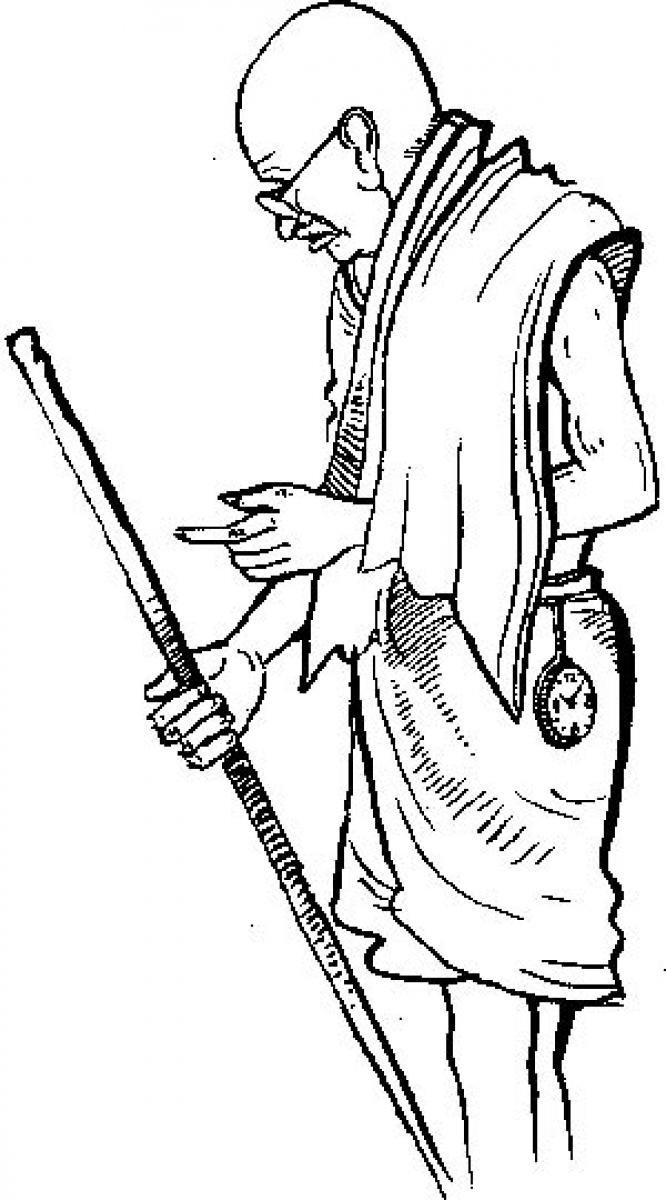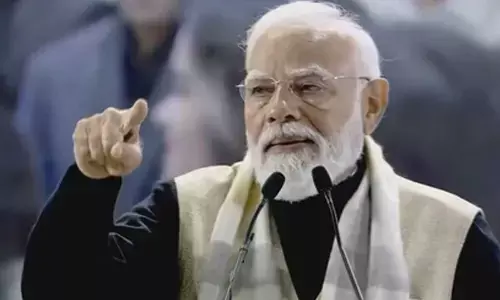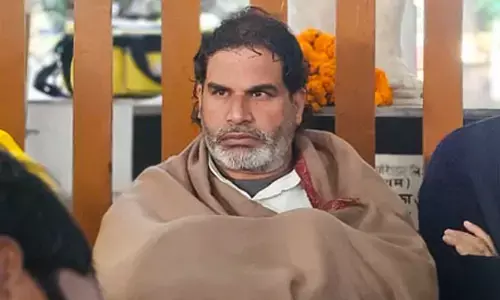Production by masses, not mass production, needed

The latest headlines scream that just 62 people in the world own money equal to the poorest half of the world. Or, in India, the top 1% of the country holds 80-90% of the nation’s wealth.
The latest headlines scream that just 62 people in the world own money equal to the poorest half of the world. Or, in India, the top 1% of the country holds 80-90% of the nation’s wealth. These are all very sad and tragic figures despite all forms of developments, technologies, economies, and political ideologies.
‘Small is Beautiful’ is a wonderful book written by a great economist Eric Schumacher way back in the 1970s. It was prophetic and has a great relevance even now. He had predicted something about world economics which is stunningly true a decade and a half after the turn of the millennium.
Economic thinking which takes the consumption and production of non-renewable sources like fuel as income will be the cause of a sorrowful world, says the author. Science and technology is being considered as ‘raising the standards’ of living, but it is confined to a select group of countries and a select group of people in the world. Whatever be the structure of any government, the rich have got richer, and the poor have become poorer.
Rarely has it happened with economic policies that the poor have become rich. Non-renewable energy sources like oil are considered to be a great income and countries have become super rich in the process. But, the author warns against such an ill-fated policy. When the limited oil reserves run out, there would be only strife and sorrow. In the meantime, a whole lot of ecology would have been upset.
The Earth systems have become hinged out of balance to a chaotic state thanks to the brilliance of human mind and intellect. Schumacher says that the developing countries and the developed countries suffer from a same kind of economic thinking in the present times. The belief is in mass production which would imply a capital-intensive, labour-reducing strategy.
It is very expensive to set up and maintain, and ultimately leads to displacement of the masses from their rural set-ups to urban centres and then into bad conditions. There is no happiness in the urban employment as the demeaning of human beings continues, resulting in crime, poor sanitisation and slums. The shift should be for production by the masses and for this he advocates an intermediate technology.
The creation of high technology jobs requires a huge investment which is not noticed and starts with a very expensive background education policy and extreme investments. In contrast, production by the masses does not require so much investment and people would be in fact encouraged to work more. This kind of policy where people matter would not require the school leaving age to be raised and the retirement age to be decreased to keep people off the labour market.
The book certainly provokes a lot of thoughts but does seem a little controversial. There is no way the present-day economists would accept the views in the book. He seems to be certainly inspired with Gandhiji in his views on these issues of production by masses. Gandhi advocated a vocational education and not the education which seems to be a colonial continuation.
The policy makers after independence somehow never agreed to the Gandhian philosophy on education. We went for the modern education, not considering the fact that we were the greatest economic superpower before the Britishers landed, simply based on the strength of our labour force who were occupied in caste based skills. And remember, all this was said in the 1970’s by the great man.














